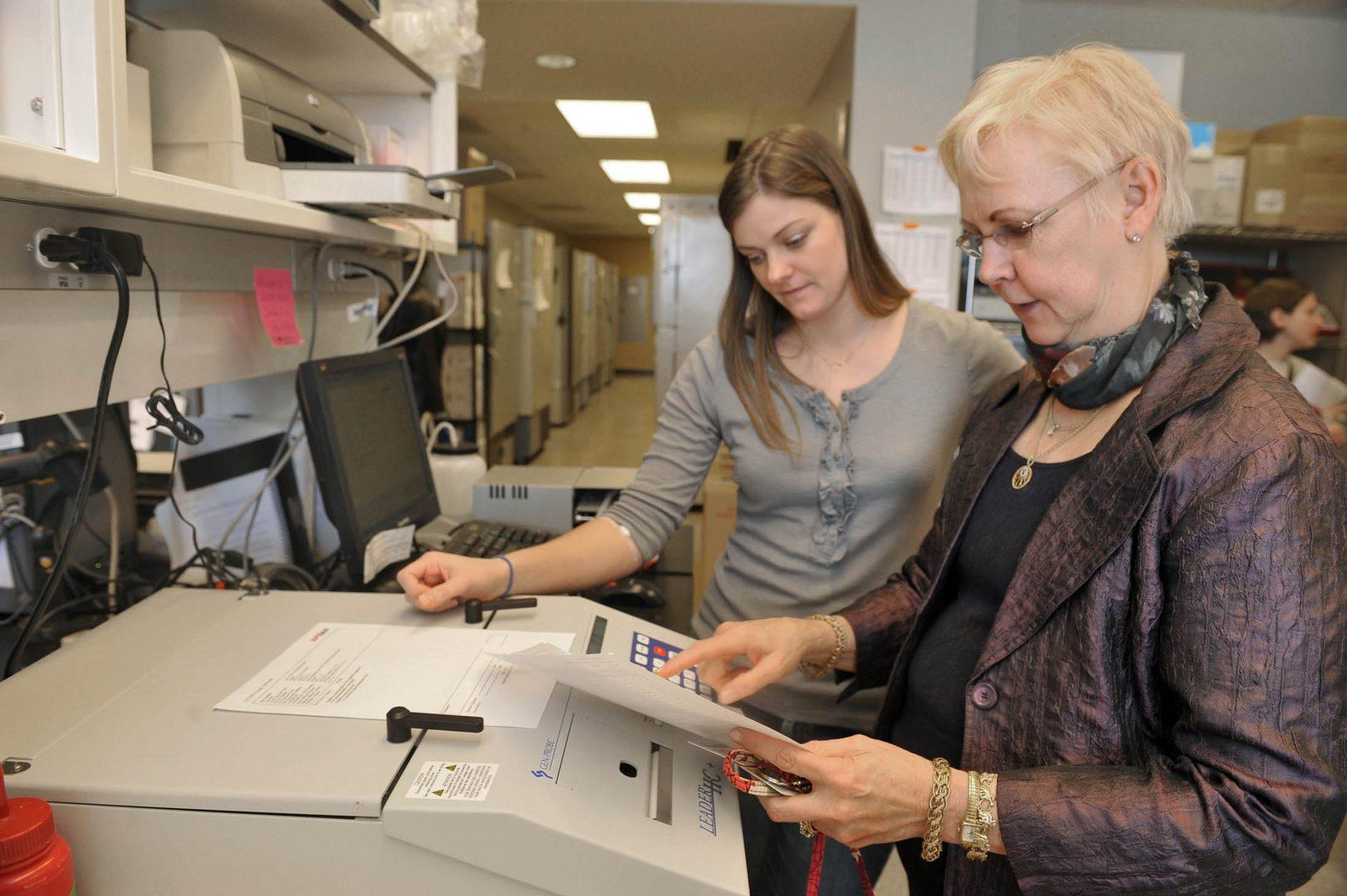Tis the season for illness. Fresno State recently did free tuberculosis tests for students and faculty who shared a class with a student who came down with the infection. Local and national agencies are ramping up Ebola protocols to show the public they’re prepared.
The preparation for the spread of these contagions has not gone unnoticed on college campuses. Students and faculty are talking; they’re playing a game of telephone with the facts behind the illnesses. If you listen to one group, you’ll hear things like, “Did you hear that someone in Selma came down with Ebola?”
All of this hullabaloo has distracted from what students should really concern themselves with — sexually transmitted diseases.
College campuses, Fresno State included, are sexually active environments.
Everywhere you turn in college, there is a hotbed of sexually-charged people doing everything they can to keep themselves in check. This, of course, is futile.
While trying to keep it in their pants, guys are endlessly hitting on girls, couples are demonstrating public displays of affection with levels that border on offensive, and men and women alike are on hookup apps like Tinder and Grindr looking for strangers who want what they want — sex.
The problem is, if only one, that young college kids don’t let themselves worry about the consequences of sexual irresponsibility. At this age, who needs to be using a condom? The answer is everyone.
“Nearly half of the 20 million new STDs diagnosed each year are among young people aged 15 to 24 years,” according to the Centers for Disease Control and Prevention.
The large numbers of new cases can be dramatically quelled by the use of condoms. Sure, it’s not going to fix the STD epidemic completely; after all, condoms can’t protect against every type of disease transmission, and I can’t recommend taking the awkward step of fashioning a dental dam.
Condoms save lives. Even though you can now live a full life despite HIV, managing the virus is a huge undertaking. Although they aren’t 100 percent effective, condoms help prevent the spread of the diseases.
You can’t hide behind heterosexuality. Yes, gay men still represent the highest number of new cases of HIV, but heterosexual men and women are still at risk.
The news media would have you worry yourselves over Ebola, a disease that only a couple of people have been diagnosed with in the United States, but really they should be hammering home responsibility and safe sex.
The CDC suggests that you should get tested for HIV every 12 months if you’re sexually active. I would recommend that you be tested every six months or even every three months if you’re extra sexually active.
Did you know that you can contract HIV during a sexual encounter and not test positive for up to three months? Well that’s a fact you should know. Regular testing helps save lives the same way condoms do.
College is taxing. Sickness is everywhere. Students pass the flu and colds easily in classes. We still have cases of tuberculous in 2014, and the television tells us to fear Ebola.
The stresses of college life are difficult enough without burdening yourself with these illnesses. The last thing you need to do is catch or spread STDs while relieving stress through sexual recreation.
If you can’t keep it in your pants, bag it up!




